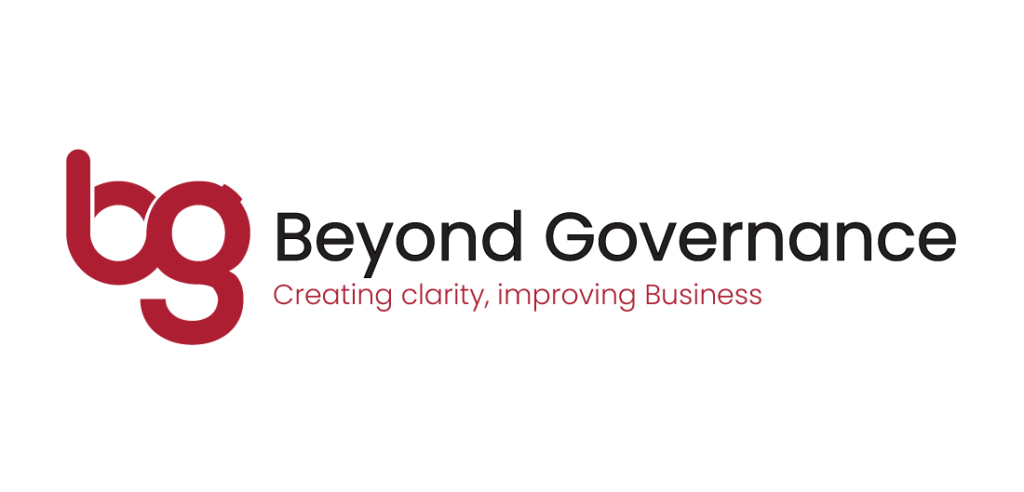The board of any company about to embark on a major transformation or project always needs to do one thing: prepare. Doing anything new or different automatically involves uncertainty or ‘risk’. However, risk is something we all live with and manage every day of our lives. In business it is how this uncertainty is managed or mitigated against that is key. In this article we focus on planning for an IPO and provide some ideas on mitigating the associated risks.
Operations’ changes
When listing your business, it is important to remember that external expectations may force you to change the way you operate even though this may have been the exact reason for your original success. This is, unfortunately, inevitable, and unavoidable if you are serious about attracting external investment and the additional benefits associated with it.
Relinquishing some control and entering an unfamiliar world can put some owners off listing, but in 2021, over 100 companies listed on the London Stock Exchange (“LSE”) despite risks such as Brexit and the ongoing uncertainty stemming from the Covid-19 pandemic. 2021 saw the highest number of flotations since 2014 and this is forecast to continue. External capital is available for new entrants to the LSE and London remains popular with companies as are the London based advisers which support them.
Stakeholder Engagement
In the build up to an IPO, engagement with key stakeholders is crucial and private companies should look to strengthen these important relationships as early as possible.
Initially you’ll need to identify key stakeholder groups (‘stakeholder mapping’), understand their perspective and needs, and think about how these views will be considered as part of decision making. Without their support, your project will fail. So, who are they? They will have changed as your company has growth and evolved. Aside from your customers and suppliers, there are:
Original shareholders: The biggest challenge is often aligning all your original shareholder’s views and ensuring they are committed to supporting the IPO. It will not work if they are not.
Employees: You need to bring your workforce along with you on the ‘IPO journey’ and your non-executive directors (“NEDs”) can help with this (if you have them). The workforce seeks employer transparency and to be treated fairly. Remember once you start the IPO process, and appoint advisers, it will no longer be a secret.
Advisors: Who do you need to work with? You will already have a relationship with your bank, but you won’t necessarily have the right legal advisors or a registrar.
Good communication with all of your stakeholders is essential and its worth taking the time to pre-empt their questions or concerns and in most scenarios answer them before they are asked.
An IPO has been compared to climbing Everest – it must be tackled in stages.
What else should you be thinking about?
Governance arrangements: Fund managers and investors review a company’s governance (decision making) as a means of assessing how well their investment will be ‘looked after’ and as such to determine the company’s value. Governance is essential to get right and will be scrutinised during the due diligence process.
Remuneration: Is your pay structure going to change? Will you introduce share incentive plans or align senior management/executive director pay to the stock price? If so, who will be able to participate and on what terms?
Press and PR: Do not underestimate the influence and therefore importance of the press in Britain. A good PR and communications strategy is essential when entering the London market.
Culture: Unless the original owners are planning to exit, an IPO should not change the culture or purpose of your company, despite the changes it may bring to the operations. However, can these factors be easily communicated and explained to third parties who don’t know you? This will be impossible if they are not understood and embedded.
Diversity, equity and inclusion: How diverse is your board, management and talent pipeline? Your approach and policies will be subject to external scrutiny so pay attention to this.
Sustainability: You need to think about what you hope to be saying to investors not just at the start but in 12-, 18- and 24-months’ time. What are your targets and how will you get there?
As companies are staying private longer, IPO deals are getting bigger. Potential investors, when doing their due diligence, will be looking at a company’s corporate governance to judge how well it is run and how decisions are made. So, get the “plumbing” right behind the scenes by expanding your governance framework and you will be on the right path.
Director skills and training
You will likely need to appoint NEDs and/or review your delegation of authority policy and committee structure. To list, you will need at least one NED on the board who has relevant listed company experience to complement the skills already available.
You may want to carry out a Board skills’ audit to identify any gaps and plan for future director skills’ gaps. The work and expectations of the board will evolve and deepen on listing so training should be planned to ensure the directors and senior management are appropriately prepared and supported to discharge their enhanced duties. Additionally key members of the workforce will need to understand ‘insider dealing’ and new policies will need to be established.
Code Selection
As a listed company, you will be required to comply (or explain why you are not) with a corporate governance code. The choice of code will be one for the board of directors but must be carefully considered as the obligations can be onerous and must be appropriate and proportionate to your business.
Corporate governance seeks to mitigate against risk for both the people running the company and those who invest in it. The bigger you are, the more important it is to demonstrate good governance. As we have seen, investors will want to see how you make decisions and whether the right people talk about the right things at the right time.
Good governance should be in place at the point of IPO so if it isn’t, start planning now. Often the best first step is a gap analysis against your choice of governance code followed by corrective action (as required). Potential investors and Private Equity firms will conduct thorough research and a company with a deficient governance framework will be seen as more risky which will in turn affect your valuation.
Adjusting to “public life”
Whatever stage you are at, it’s important not to rush. Adjusting to “public life” is not to be taken lightly and will require more change for some than others. Your company is in this position as it has clearly been doing something right. Now is the time to demonstrate that. You may well have mastered the “what” but can you articulate the “how”. Good governance can help you do this.
An IPO should be an exciting time for everyone and a positive for your business. It’s also an opportunity to demonstrate your authenticity and what makes your company unique. After all you want to get investor attention for the right reasons and keep them interested because you’re a well-run outfit. You also never know if you might need second round funding in the future.
Looking for support in reviewing your organisations governance? Get in touch with us today!




